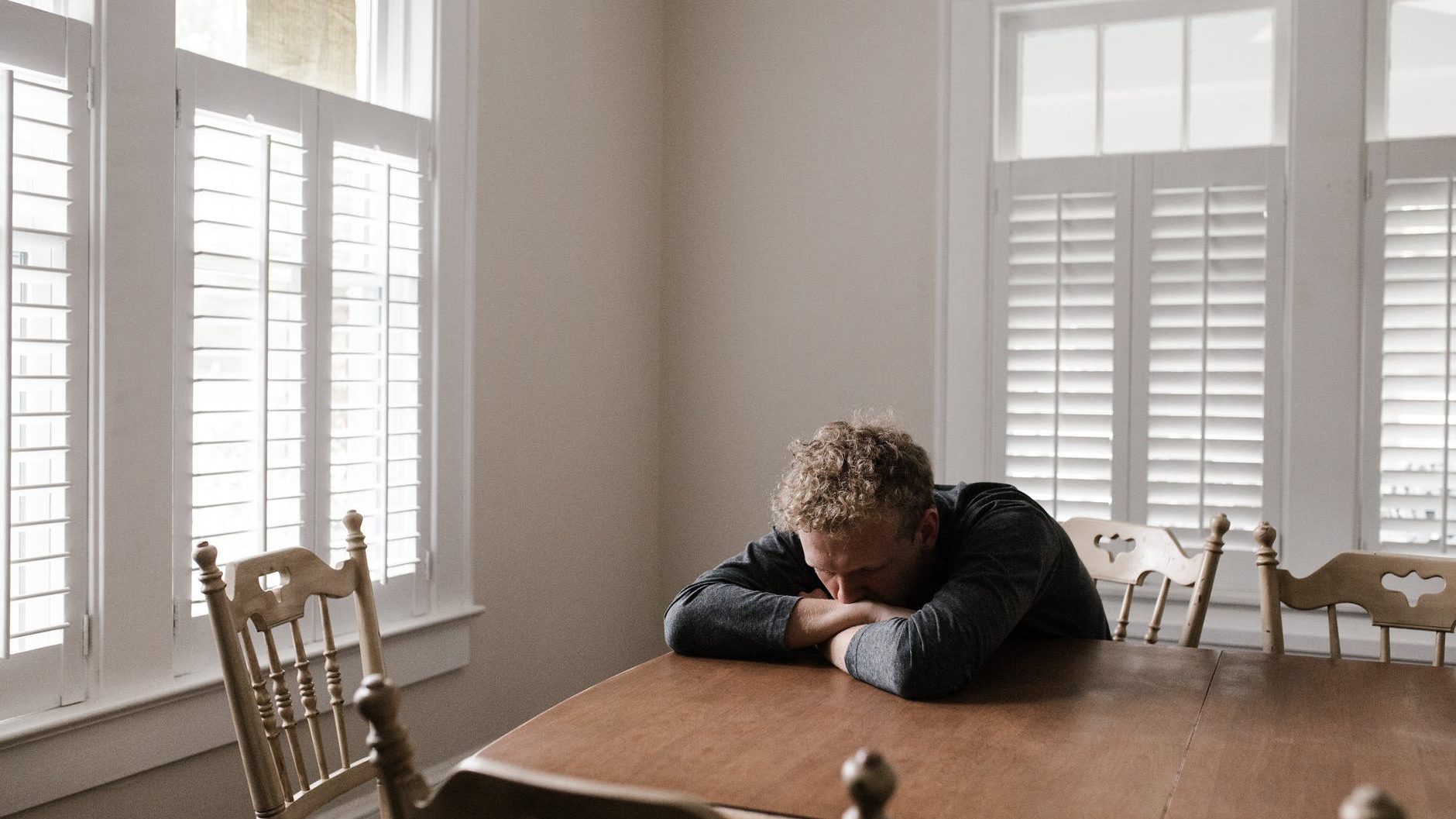The new academic year 2021/2022 and declaration of intentions

In recent years, human behavior is experiencing unique and exceptional moments. Some factors have led to great changes in our lives, we get information imminently and it reaches us en masse through Social Networks. For better or for worse, we live in a hyper-accelerated world.
Scientific information has flourished in recent times. Concepts such as cumulative incidence, prevalence, reproduction rate, are now familiar to us. We cannot deny that we have seen great informants doing a very good job, it has kept us up to date with epidemiological data. But at the same time that many experts were doing their great job, this also has negative aspects. Media pressure and over-information around an unknown topic can lead to insecurity, anxiety, and rejection of scientific information. Society, in general, should not become a doctor, scientist or epidemiologist, just as we value good work it is known that many people dare to give information about mental health and it has been echoed by many media. These statements, however, lack a scientific basis, they are rather a colloquial language, but the echo of those who make them amplifies them, making them look appealing.
We get a lot of information everywhere, and it’s really worrying to trivialize mental health issues like talking about going shopping for pants. In no case do we want to demagoguery the issue, but we claim seriousness in the information given, in order to prevent non-experts from having the need to know about mental health issues, and it is not up to them to sort out the good and bad information.

We don’t want to trivialize personal experiences let alone generalize. A very important part of the population has suffered traumatic life events, many have suffered, many have lost loved ones, we have all been locked down, and we could say we want to survive with minimal well-being for as long as possible. Well, at the same time some people and we all know them, who proudly champion the fight against global warming, recycling, ill-treatment, and a long list of others, have a very different reality, and we can not fail to mention that it is a very exciting research topic.
This summer we’ve witnessed streets filled with leftovers from massive binge-drinking parties, fun is now disrespectful, it’s fun to have drinks with friends, but they are also examples of antisocial behavior. Same old story, what should our grandparents think? And our little ones? Are we good role models? Some will surely leave this world disappointed, and others hope that they will have enough strength and moral strength to change it.
Does anyone remember smiling just for the sake of smiling and not for getting a handful of likes on Instagram and other networks? Narcissism has only increased in recent decades and we need to rethink that any action has an impact and that can make us better people. And yes, COVID-19 exists, the pandemic is still going on and it will probably be difficult for us to get out of it, because we need a collective effort, and it is becoming more and more difficult for us to think about the common good.
To start the 2021/2022 season of the blog, we wanted to give a boost of optimism, but the latest events have left us heartbroken. When it comes to researching nature, it’s best to start with reality.
We see situations that humanity has normalized in its day to day, unacceptable situations, such as the general situation in Afghanistan, the situation of the clandestine boats arriving with subhuman conditions, our own young people abandoned without being welcomed, battered women fighting for divorce or decent housing, pollution, fires and a long list of issues that occur every day in our country, immoral behavior come by land, sea, and air. And the question is: how is this tolerance possible in each of these important and serious collective and individual issues without a world revolution taking place? Is it changing what defined us as humans? And reciprocity? And altruism? Do we have too much internalized individual well-being? Or do we have individual and collective well-being abandoned?

From IDlab-UB we research behavior and personality and see with concern the trivialization of psychological problems. As well as a window of opportunity to study moral behavior, virtues, and everything that threatens them.
As Gandhi said at the time, be the change you want to see in the world, IDLab we want to be part of the change. We are and will be a group that will put its grain of sand to social responsibility and raises awareness to provide truthful, scientifically validated information, pursue and comment on false information or simply misleading comments with professional arguments of what we detect to be incorrect on the networks. We will be people and professionals reporting simply to counter the bestialities seen on the net. Because it is our duty to give back to society everything it has given us so far.
At the same time we aim to take a turn in the individual trajectory to turn research into a social good, we will explain it to you as we can publish it but we do not want to stop advancing some of our thoughts that are the essence of our science.

Related Posts